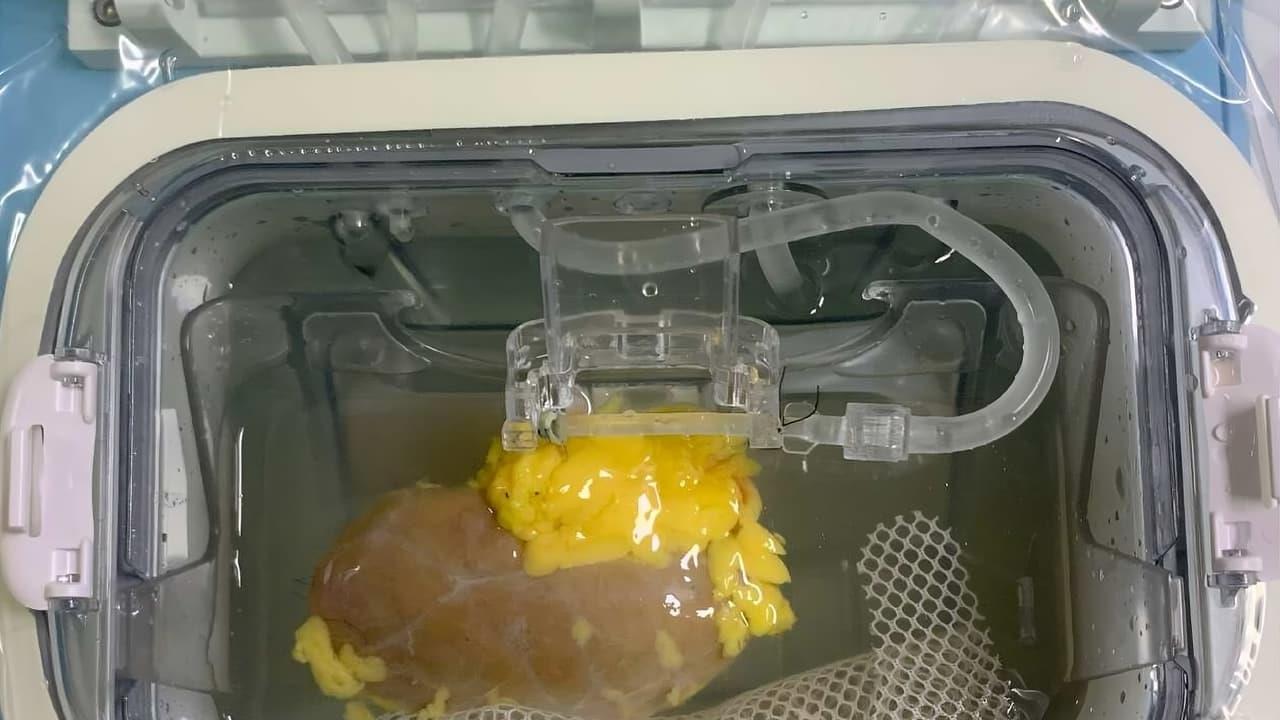
Did You Know? Scientists Developed A Kidney For Any Blood Type
After more than a decade of painstaking research, scientists have taken a major step toward solving one of organ transplantation's biggest challenges - blood type compatibility.
A global team of researchers from Canada and China has successfully created a“universal” kidney that could, in theory, be transplanted into any patient regardless of blood type. In a remarkable experiment, the modified kidney functioned for several days inside a brain-dead human recipient, with full consent from the donor's family.
“This is the first time we've seen this work in a human model,” said Stephen Withers, a biochemist at the University of British Columbia.“It gives us invaluable insight into how we can improve long-term transplant outcomes.” The study was published in Nature Biomedical. Engineering
Why Blood Type Matters in Kidney Transplants
Today, patients with type O blood often face the longest waits for kidney transplants. Type O kidneys can be used for anyone, but those with type O blood can only receive organs from other type O donors - creating a chronic shortage.
While it's possible to transplant kidneys across blood types, the process is complex, expensive, and risky. It typically requires a living donor, because the recipient's immune system must be gradually trained not to reject the foreign organ.
Turning Type A Kidneys Into Type O
To overcome this, the research team developed a way to“convert” a type A kidney into a type O kidney using specialized enzymes. These enzymes act like molecular scissors, snipping away the sugar molecules - or antigens - that define a kidney's blood type.
“Think of it like stripping the red paint off a car to reveal a neutral primer underneath,” Withers explained.“Once the antigens are gone, the immune system no longer recognizes the kidney as foreign.”
The result was what scientists call an enzyme-converted type O (ECO) kidney, which could theoretically be accepted by any patient.
Promising But Early Results
The experimental kidney functioned well at first but began showing signs of its original type A blood markers by the third day, prompting a mild immune response. Encouragingly, the reaction was far less severe than usual, and the recipient's body showed signs of beginning to tolerate the organ.
Although the findings are preliminary, they suggest that creating fully universal donor kidneys is within reach - a development that could dramatically shorten transplant waiting lists.
The Bigger Picture
Every day, an estimated 11 people in the U.S. die waiting for a kidney transplant, most of them type O patients. Researchers worldwide are exploring solutions - from genetically engineered pig kidneys to lab-grown tissues and advanced immune therapies.
Making human donor kidneys compatible with all blood types could be one of the most immediate and transformative breakthroughs.
“This is what it looks like when years of basic science finally connect to patient care,” Withers said.“Seeing our discoveries move closer to real-world impact is what keeps us going.”
.
Legal Disclaimer:
MENAFN provides the
information “as is” without warranty of any kind. We do not accept
any responsibility or liability for the accuracy, content, images,
videos, licenses, completeness, legality, or reliability of the information
contained in this article. If you have any complaints or copyright
issues related to this article, kindly contact the provider above.
Most popular stories
Market Research
- Thinkmarkets Adds Synthetic Indices To Its Product Offering
- Ethereum Startup Agoralend Opens Fresh Fundraise After Oversubscribed $300,000 Round.
- KOR Closes Series B Funding To Accelerate Global Growth
- Wise Wolves Corporation Launches Unified Brand To Power The Next Era Of Cross-Border Finance
- Lombard And Story Partner To Revolutionize Creator Economy Via Bitcoin-Backed Infrastructure
- FBS AI Assistant Helps Traders Skip Market Noise And Focus On Strategy




















Comments
No comment